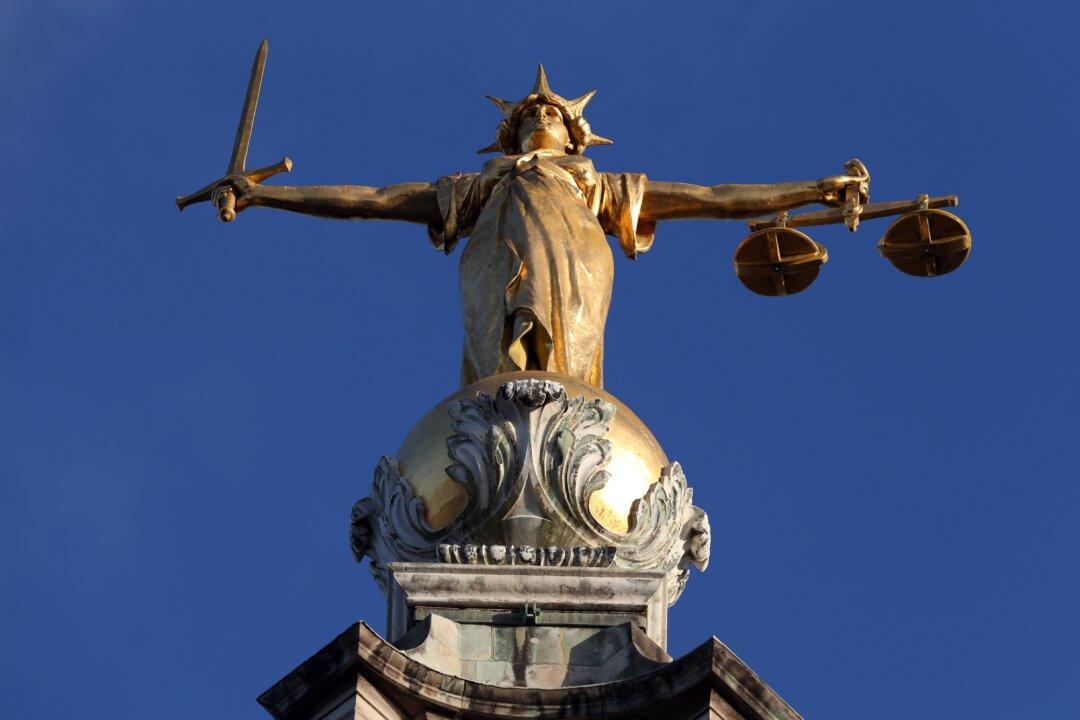The Speaker of the House of Commons, Sir Lindsay Hoyle, has urged a Conservative MP who was arrested on May 17 over a rape allegation dating back more than a decade to stay away from Parliament during the police investigation.
But many people not versed in English law have been wondering why the individual in question, said only to be a man in his 50s, has not been identified by the police or the media.





